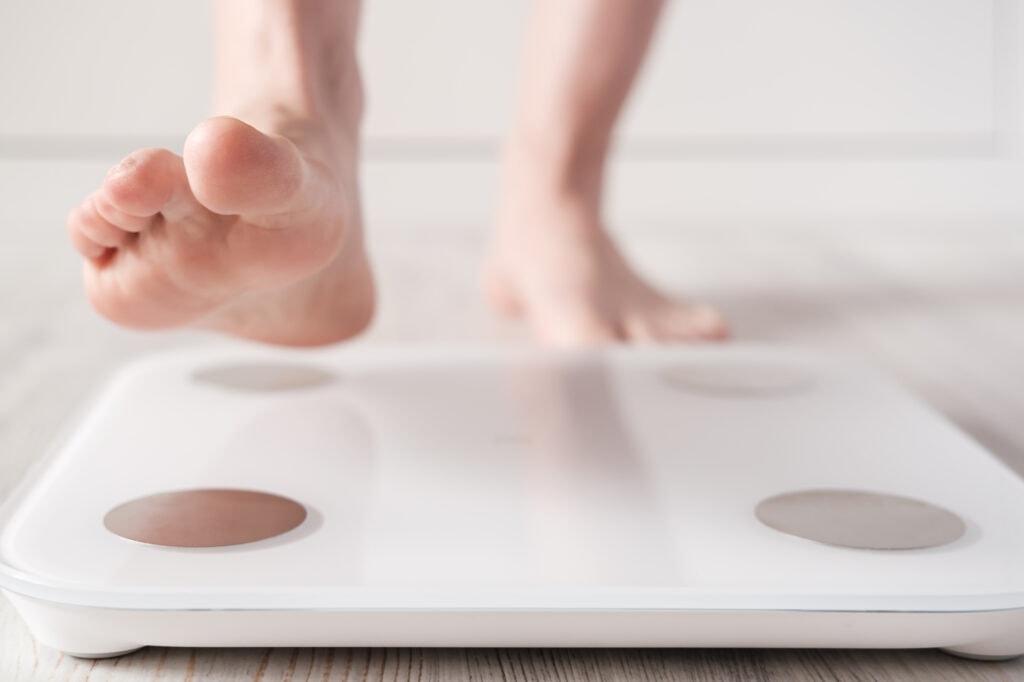Physical Address
304 North Cardinal St.
Dorchester Center, MA 02124

When considering becoming an egg donor, there are several factors to take into account, including your BMI (Body Mass Index). Egg donor agencies and clinics have specific BMI requirements to ensure the donor’s and intended parents’ health and safety.
Key Takeaways:
If you’re considering becoming an egg donor, it’s essential to understand what Body Mass Index (BMI) is and why it matters for the process.
BMI is a measure of your body’s fat based on your height and weight, based on guidelines set by the World Health Organization. It provides an assessment of your overall health status and helps determine if you’re at a healthy weight.
The reason why BMI is important in egg donation is that it can impact the overall health of the potential donor as well as the success of the egg retrieval process.
BMI is a key factor in egg donation as it affects the safety of the donor during sedation for the egg retrieval process. Ensuring a healthy BMI helps in lowering the potential risks associated with sedation.
A BMI that is too high or too low may increase the risk of complications, such as Ovarian Hyperstimulation Syndrome (OHSS), and decrease the likelihood of a successful donation.
Understanding your BMI, maintaining a healthy weight, and meeting BMI requirements are critical to ensure a safe and successful egg donation process.

When it comes to becoming an egg donor, clinics and agencies typically look for a BMI within a specific range. Typically, a BMI of between 18.5 and 30 is considered to be ideal for egg donation. However, some clinics may have slightly different criteria, so be sure to check with your chosen clinic or agency for their specific guidelines.
| BMI Range | Status |
|---|---|
| Less than 18.5 | Underweight |
| 18.5 – 24.9 | Normal |
| 25 – 29.9 | Overweight |
| Over 30 | Obese |
It’s important to note that while BMI is a useful starting point for measuring health, it isn’t perfect. In some cases, individuals with a higher BMI may still be healthy and suitable to donate. Likewise, someone with a lower BMI may not be suitable if they have other health concerns.
If you are interested in becoming an egg donor and have questions about BMI requirements, speak to your clinic or agency. They can provide more information about their specific criteria and whether you are a good candidate for donation.
Are you interested in becoming an egg donor but are worried about meeting strict BMI requirements? Some egg donation programs or agencies may not have stringent BMI limits, allowing you to participate without being turned away based on your body mass index.
Understanding the potential risks and considerations involved in egg donation without BMI restrictions is important. Higher BMIs can potentially increase the risk of complications during the egg retrieval process, such as difficulty visualizing or accessing the ovaries.
If you have a higher BMI due to underlying health issues, you may not be an ideal candidate for egg donation regardless of BMI requirements. Discussing your individual health and BMI with a medical professional before pursuing egg donation is crucial.
If you have a higher BMI and are interested in egg donation, it’s important to understand the potential challenges and considerations that may arise in the process. You may face additional medical and screening requirements and a few limitations on your eligibility as an egg donor. However, it’s important to note that having a higher BMI does not automatically disqualify you from being an egg donor.
One of the main concerns with a higher BMI is its impact on the success of the egg donation process. Studies have shown that a higher BMI can affect hormone levels and ovulation, potentially reducing the quantity and quality of eggs produced.
If you are hoping to donate eggs with a higher BMI, discussing your options and potential risks with your healthcare provider and the egg donation agency or clinic is crucial. They may recommend additional medical tests or weight management strategies to optimize your chances of success.
BMI stands for Body Mass Index and it is a measurement used to assess a person’s body fat based on their height and weight. It matters for egg donors because it can indicate overall health and fertility. A healthy BMI is important for successful egg donation.
The ideal BMI range for egg donors may vary slightly between clinics and agencies. However, most commonly, a BMI between 18.5 and 29 is considered ideal for egg donation. It is important for donors to have a BMI within this range to optimize the chances of a successful donation.